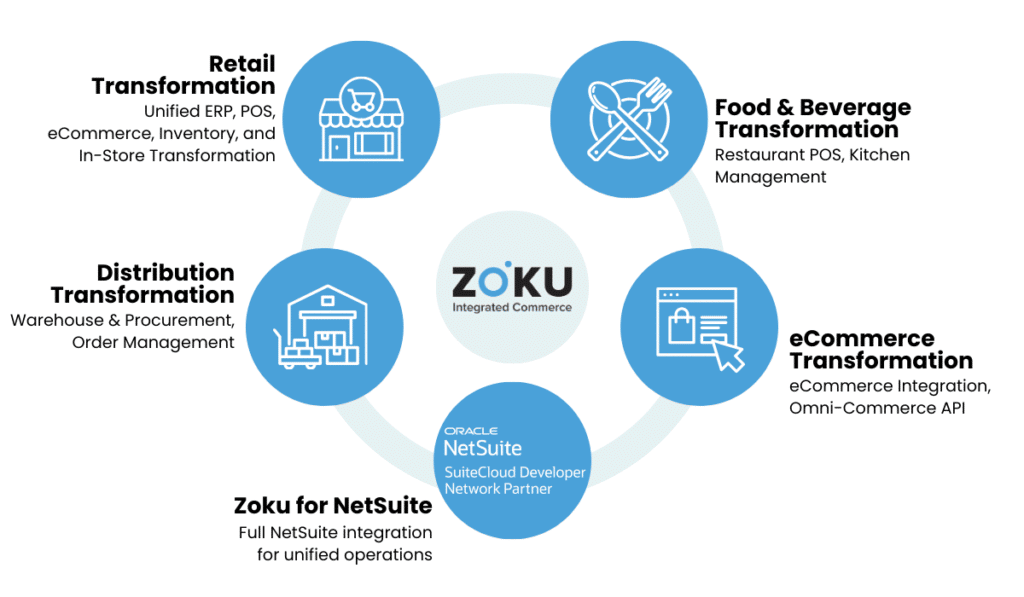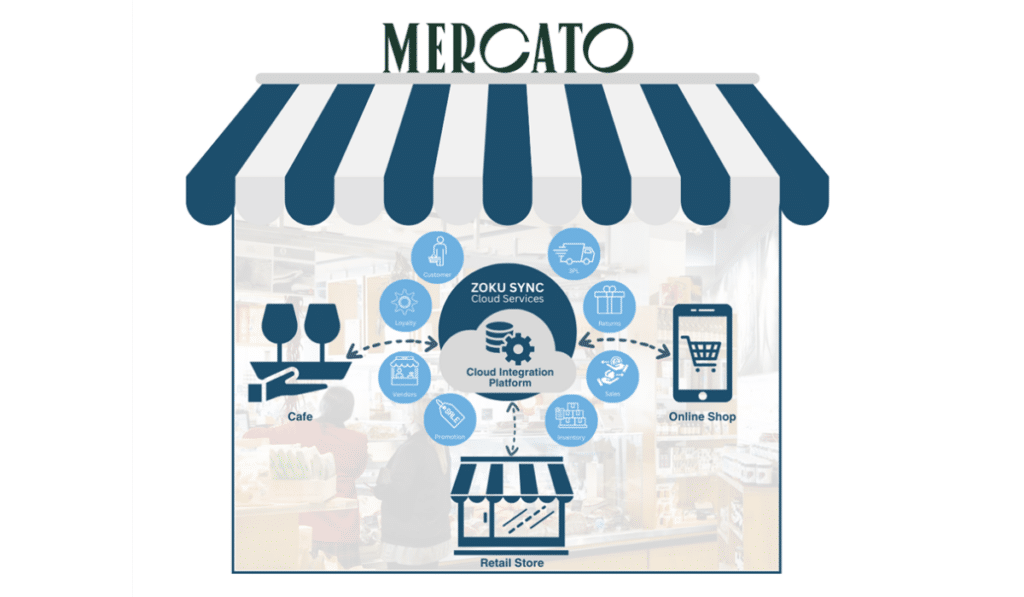Case Study
Mercato: Retailtainment In Action with Zoku’s Unified Retail and F&B Platform
Introduction: Where Italian Heritage Meets Innovation
Mercato, a family-owned Italian market and café in Adelaide, Australia, has been a cornerstone of Italian culture and cuisine for over 50 years. Offering a curated selection of Italian goods alongside an in-store café and bar, Mercato sought to enhance its operations by integrating retail and food & beverage (F&B) services.
To achieve this, Mercato partnered with Zoku to implement a unified commerce platform that seamlessly connects their retail, café, and online operations.
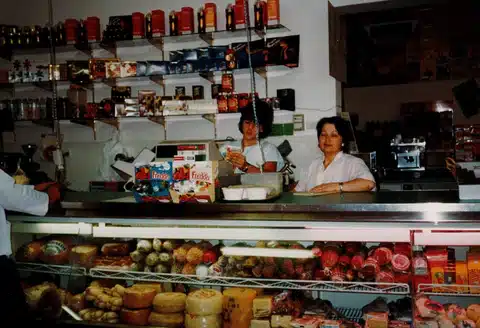
What is Retailtainment?
Retailtainment combines retail with entertainment elements like food and beverage (F&B) offerings or interactive experiences to create engaging, memorable shopping environments.
Benefits:
- Increased Engagement: Customers spend more time in-store.
- Higher Spending: F&B integration can boost sales by up to 30%.
- Unique Differentiation: Stand out from competitors with immersive experiences.
Challenges:
- Inventory Management: Balancing stock for retail and F&B operations.
- Customer Service: Meeting high expectations for seamless, personalized interactions across all touchpoints.
Unified commerce platforms, like Zoku, solve these challenges by integrating all operations, ensuring smooth experiences and real-time data management.
Key Context
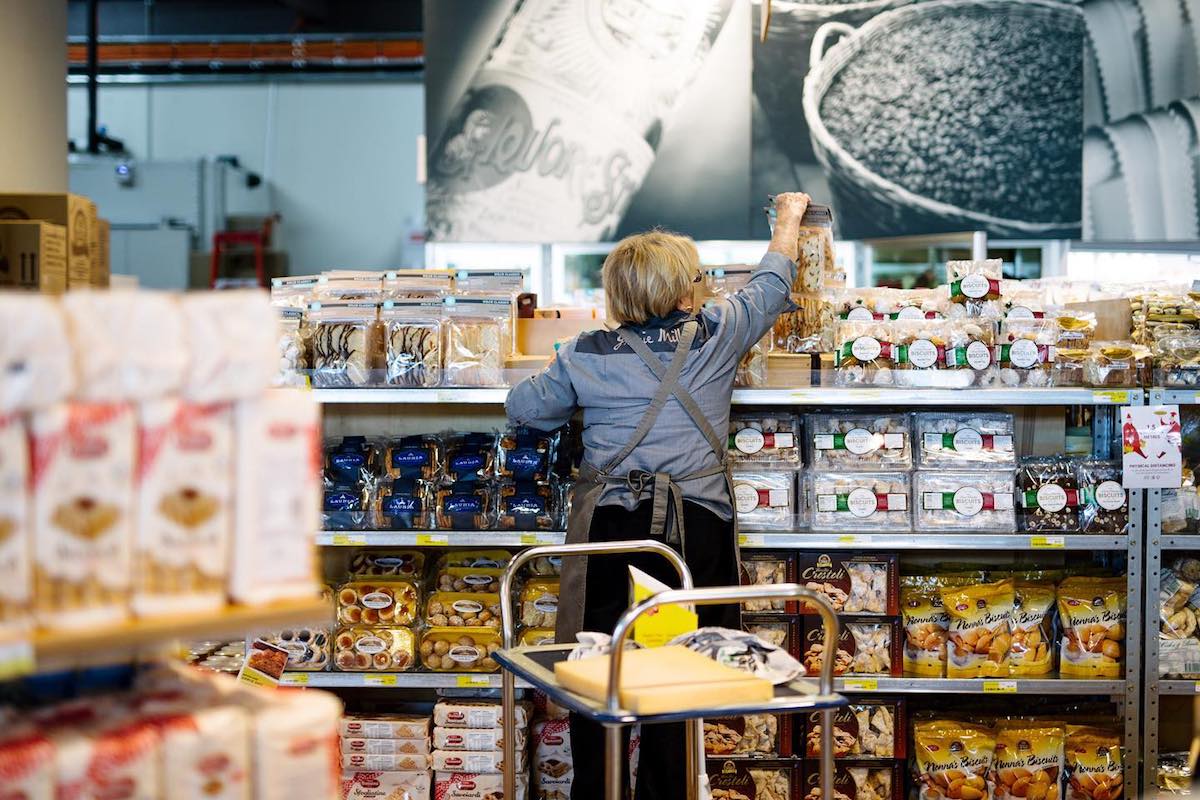
“We didn’t have a system, it was more of a standalone POS manually linked to other software. It was never going to get us where we wanted to go. We need one unified system.”
John Caporaso, Mercato CEO
Who Is Zoku?
Zoku delivers a unified commerce platform tailored to meet the specific needs of the Retail, eCommerce, Wholesale Distribution, and Food & Beverage industries. With its innovative approach and a strong team of experts in software development, consulting, and business transformation, Zoku has positioned itself as a leader in the industry. The company has made significant strides in research and development, achieving certifications such as Built for NetSuite from Oracle, and expanding internationally.
Zoku’s Cloud Native integration platform – deployed on Microsoft Azure, providing customers with secure, scalable, and high-performance services worldwide.
Enterprise-Level Certification – Zoku’s Point of Sale and Inventory Management applications are certified as Built for NetSuite by Oracle NetSuite.
“Oracle NetSuite recommended Zoku to extend NetSuite into the unified solution needed for managing accounting, inventory, eCommerce, and POS across retail and F&B operations.”
John Caporaso, Mercato CEO
Challenges
Before implementing Zoku, Mercato relied on a patchwork of standalone systems to manage its retail and F&B operations. These systems couldn’t keep up with the complexities of a business offering such diverse services under one roof. Inventory discrepancies, limited reporting capabilities, and siloed customer data were daily challenges. The café operated independently from the retail store, making it difficult for customers to shop and dine seamlessly.
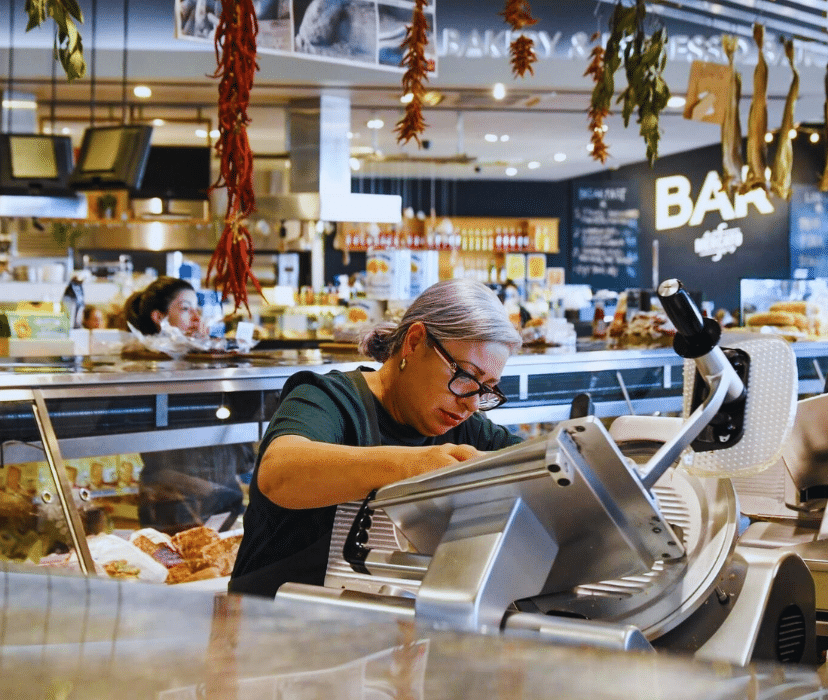
Mercato’s reliance on manual processes further compounded these issues. Seasonal pricing adjustments required significant time and effort, while staff often struggled with inefficient order management. Without a unified loyalty program, Mercato lacked a way to incentivize repeat visits or reward cross-channel engagement. For a successful business on the cusp of expansion, these challenges were unsustainable.
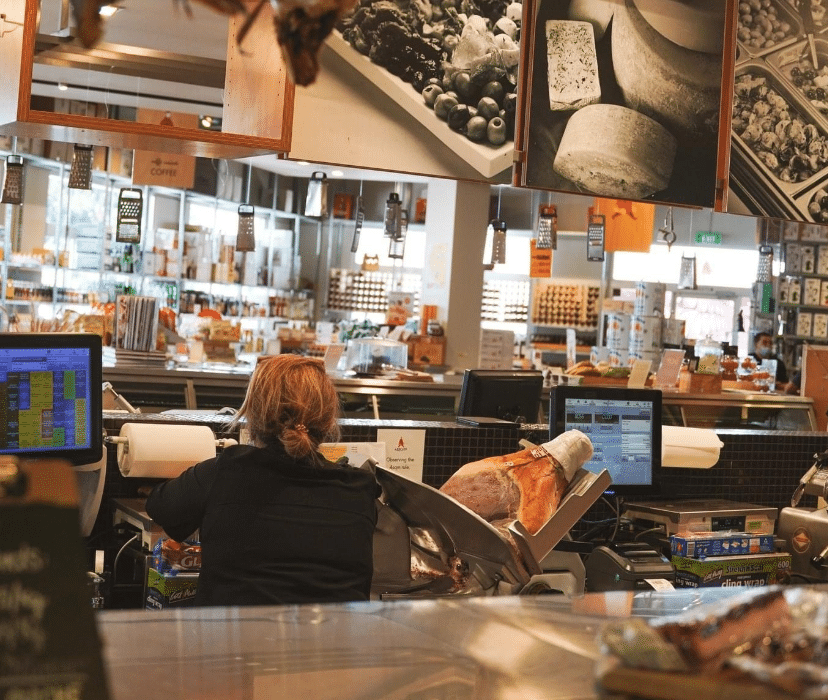
Solution
Zoku’s Unified Commerce Platform offered Mercato the tools to integrate its retail store, café, and online operations. The platform was implemented with precision, ensuring all touchpoints—inventory, sales, customer data, and reporting—functioned as a cohesive ecosystem.
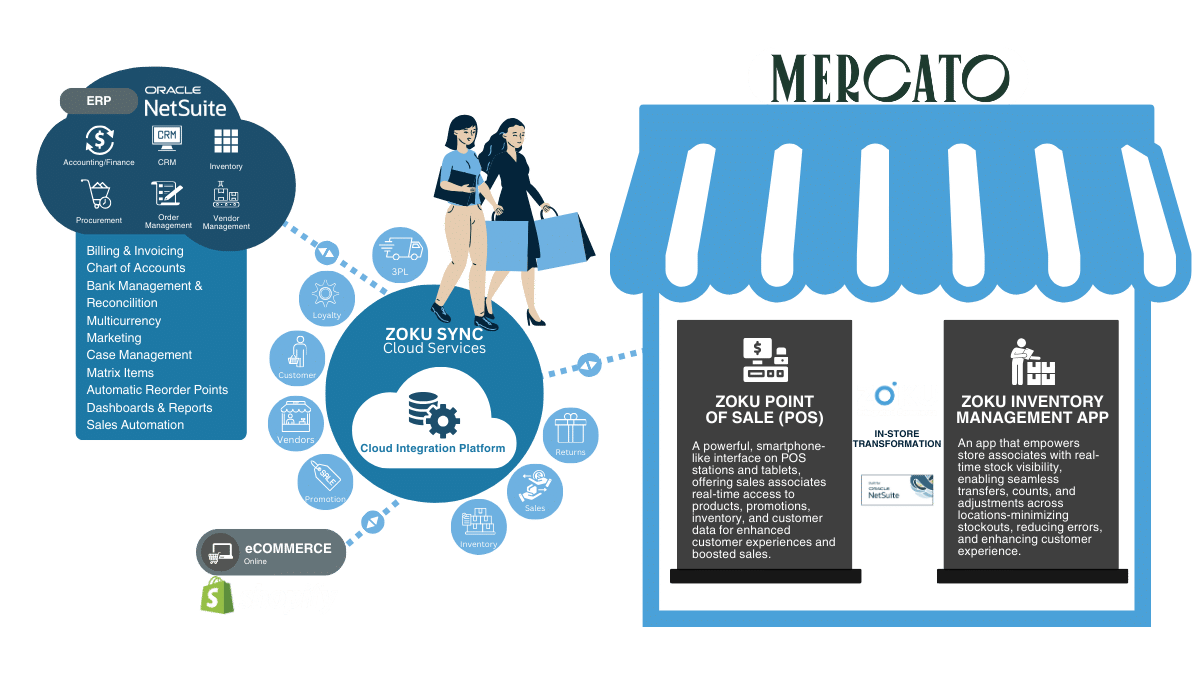
At the café, Zoku introduced a tablet-based POS system that transformed the way orders were taken and managed. Staff could send tickets directly to kitchen stations, split bills effortlessly, and even personalize customer orders with pre-loaded modifiers. The introduction of wine-by-the-glass functionality added an extra layer of sophistication, as portions were automatically deducted from inventory in NetSuite, streamlining stock management.
In the retail space, Zoku’s POS integration with scales allowed for accurate pricing of grocery items by weight. Transactions became smoother with one-touch checkouts, and customers could pre-order by phone for in-store pickup. Meanwhile, staff gained access to real-time product data, enhancing their ability to provide informed service. The addition of membership sign-ups through an online form further strengthened customer engagement.
Integration in Action – Online and e-Commerce
Cloe Moda’s sales associates use Zoku Engage on mobile devices to assist customers on the sales floor, by accessing product and inventory data across all stores with the ability to add items to a customer’s cart to complete transactions at the checkout counter. Engage has been designed to empower store associates by giving them more freedom and fluidity. Cloe trialed Engage in 11 stores, before quickly rolling out to all stores.
This synchronization extends to Mercato’s enterprise-level inventory management, which now relies on one product master for all channels. Pricing data is consistent, and stock levels are updated in real-time, eliminating discrepancies that previously led to overstocking or missed sales opportunities.
Results
The implementation of Zoku’s solutions has delivered measurable results for Mercato. Real-time synchronization has brought order to previously fragmented systems, enabling staff to focus on delivering exceptional customer experiences. Inventory holding has been reduced by 27%, freeing up resources to build stronger supplier relationships. Automated processes have also cut labor costs, with front-of-house staff costs reduced by 7%.
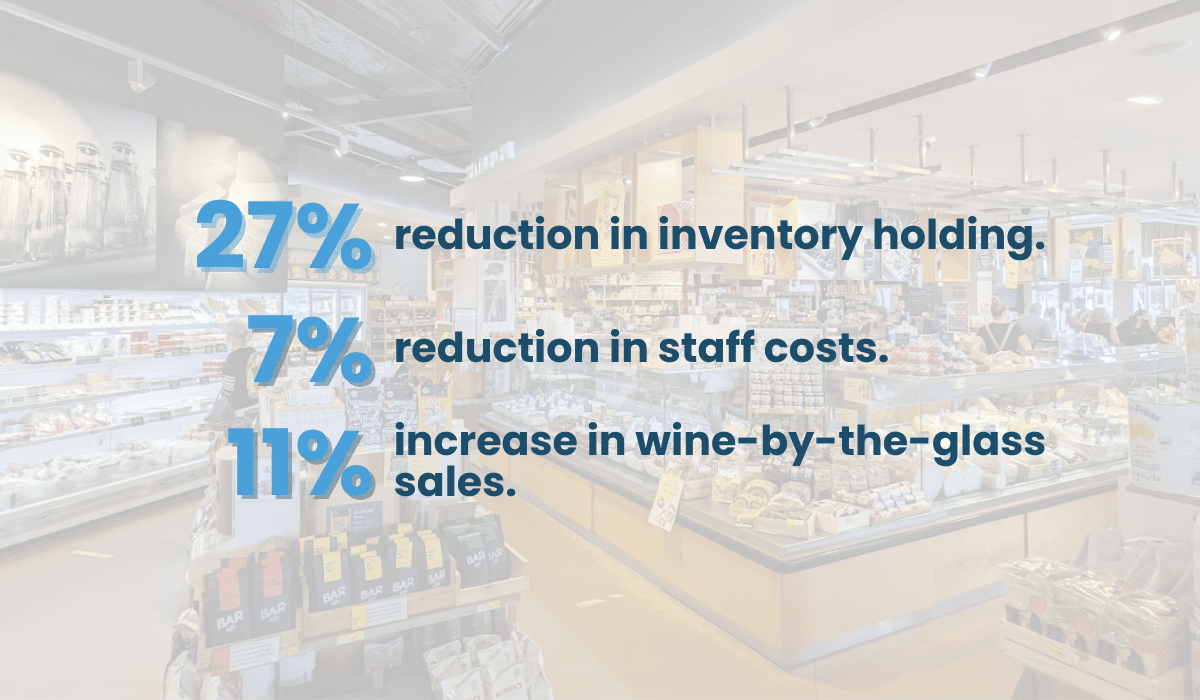
These operational improvements have translated into increased revenue. Streamlined workflows in the café contributed to an 11% rise in wine-by-the-glass sales, while unified POS systems enhanced customer satisfaction by allowing seamless checkouts for both groceries and café orders.
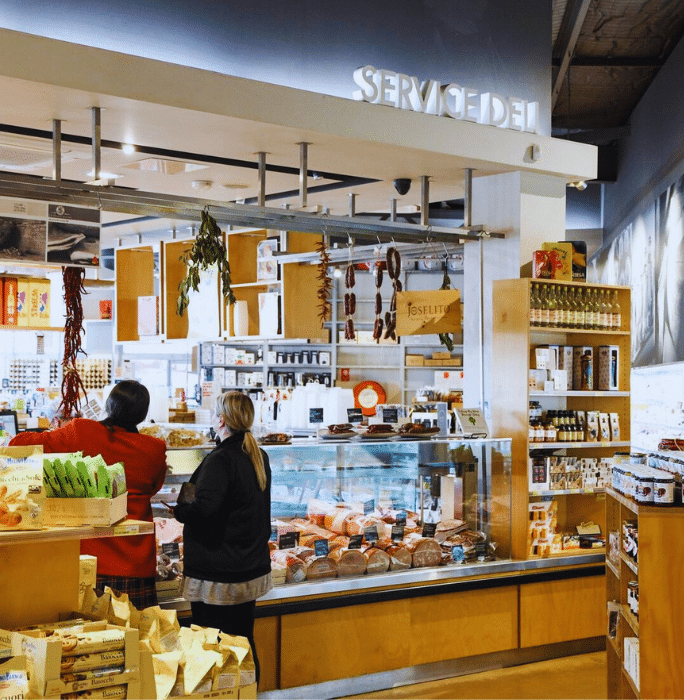
Retailtainment in Action
Mercato’s success is a testament to the growing trend of retailtainment, where shopping and dining merge into a single, immersive experience. By offering customers a curated selection of Italian goods alongside an authentic café and bar, Mercato has extended customer dwell time and deepened their connection to the brand. Research from Harvard Business Review shows that experiential retail can increase customer spending by up to 30%, a figure Mercato reflects through its innovative approach.
Looking Ahead: Loyalty and Scalability
Mercato is now focused on launching a loyalty program that will allow customers to earn and redeem rewards across all channels. This initiative, powered by Zoku, is designed to deepen engagement and drive repeat business. As Mercato prepares to open a second location in North Adelaide in mid-2025, Zoku’s scalable platform ensures they are well-equipped for the challenges and opportunities ahead.
Summary
By partnering with Zoku, Mercato successfully transformed its operations, integrating retail and F&B services into a unified system. This integration not only streamlined processes and reduced costs but also enhanced the overall customer experience, positioning Mercato as a leader in retailtainment.
As Mercato plans to expand to a new location, Zoku’s scalable solutions will continue to support its growth and commitment to delivering exceptional customer experiences.
“Without Zoku, there’s absolutely no way we’d be in a position to open a new location. They’ve given us the infrastructure to do what we do best.”
John Caporaso, Mercato CEO



